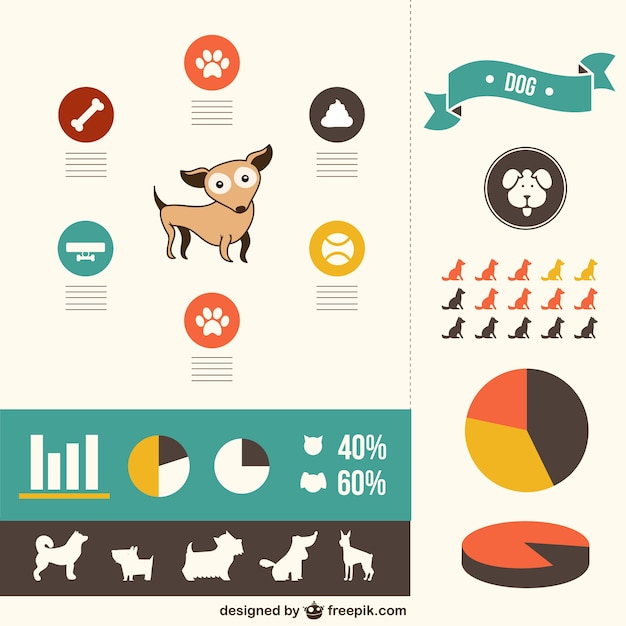Dog Daycare Staff Training Programs
Dog Daycare Staff Training Programs
Blog Article
Can Canine Day Care Cause Disease?
Dogs in daycare obtain great deals of exercise, socialization with various other canines and unique experiences. This can be particularly handy for young puppies and pet dogs with behavioral concerns.
There are several legal considerations you require to think about when starting a doggy daycare service. These consist of the framework of your organization and conformity with government regulations.
1. Canine Distemper
Canine distemper is spread with direct contact with the bodily fluids and waste of an infected pet dog, yet it can additionally be sent using common water and food bowls or through airborne droplets. This highly contagious disease is most harmful for young puppies, however it can affect pet dogs of any type of age and is deadly for a lot of if left without treatment.
First signs and symptoms of canine distemper commonly resemble an acute rhinitis, consisting of dripping eyes and nose with watery or pus-like discharge. As the condition progresses, a dog will create high temperature, coughing, minimized hunger, vomiting and looseness of the bowels. The infection can also strike the nervous system, leading to seizures, jerking and partial or total paralysis.
Trustworthy childcares lower direct exposure to infection by calling for inoculations, regular health examinations and comply with stringent hygiene protocols. If your pup appears excessively exhausted or limping, a day of rest might help him recover, but you need to stay clear of taking him back to childcare till these signs and symptoms improve.
2. Kennel Coughing
Kennel cough, also known as infectious canine tracheobronchitis or Bordetella, is a very transmittable viral or microbial illness that affects the respiratory system. It's generally moved with the exchange of saliva or air droplets that a sick dog breathes out. Social pet dogs are at higher risk for infection as a result of their constant communication with one another, such as when they play, share food or water, sniff each other or merely satisfy in a crowded environment like a pet park or childcare.
One of the most common symptom of kennel coughing is a relentless and powerful cough that seems like something embeded the throat or retching. Usually, pets will certainly cough up frothy white phlegm. If left unattended, a dog can create pneumonia and go to major danger for life.
A reputable childcare center ought to have strict cleansing and cleanliness protocols, disinfect all playthings, food and water bowls frequently, and be open about their vaccination policies. Keeping your pet as much as date on their vaccinations, especially for bordetella and canine flu, will significantly reduce their opportunities of getting the health problem.
3. Parvovirus
Canine parvovirus, or parvo, is boarding places for dogs near me a highly transmittable viral health problem that can be harmful for young puppies and young adult pets with bad immune systems. It's most generally spread by direct contact with infected canine feces-- which can take place when pet dogs sniff, lick, or preference infected feces-- and indirectly from contaminated individuals, objects, or settings (like kennels, grooming areas and yards). Puppies and pets without total inoculation backgrounds are particularly susceptible to parvo.
The infection is incredibly resilient, enduring in the atmosphere for approximately nine years, and can easily be moved in between dogs by call with feces or on shoes, garments, and bedding polluted with parvovirus. If not dealt with instantly with IV liquids, electrolyte balance, throwing up control medications and prescription antibiotics to prevent additional bacterial infections, a pet will rapidly dry out and develop extreme diarrhea, which causes shock and sepsis. Parvo is tough to cure as soon as a dog has actually become ill, yet with proper veterinary treatment, many young puppies do endure this disease.
4. Pooch Influenza
Dog flu virus is extremely contagious and spreads through straight contact, sharing food and water bowls, licking or nuzzling various other dogs, with air-borne droplets, and with infected surfaces. Inoculation works in decreasing the threat of infection and outbreaks.
A lot of affected pet dogs create a mild respiratory system infection with a cough that lasts 1-3 weeks. They may additionally have nasal and ocular discharge, sneezing, and lethargy. Several of the most severe cases lead to pneumonia and a high fever.
If your pet dog exhibits any of these signs and symptoms, do not bring them back to childcare until they are healthy and balanced. If your pet is showing indications of severe fatigue or limping, speak to your veterinarian immediately and make certain they get on good health supplements to assist construct their immunity. A veterinarian will certainly review your dog for symptoms of the influenza by taking an example from the nose or throat, and blood examinations can be done to confirm.